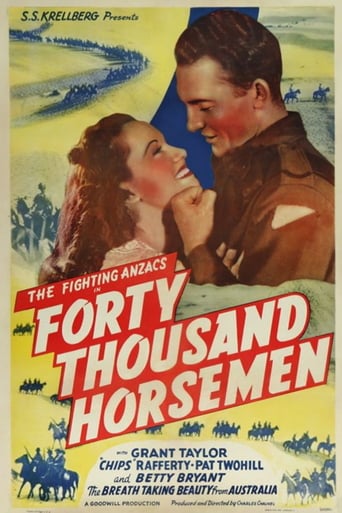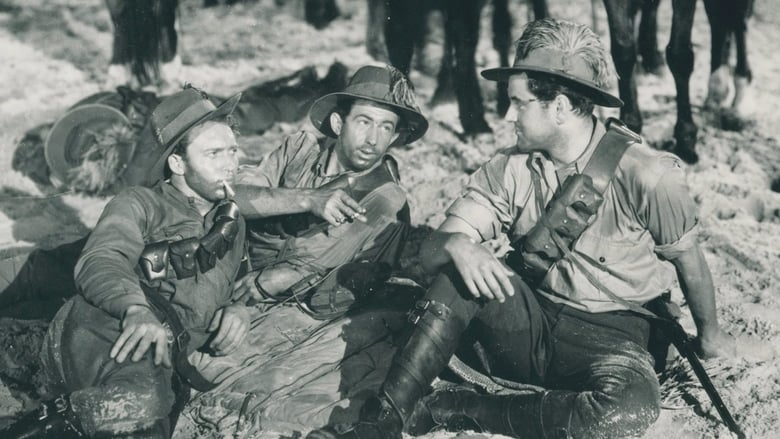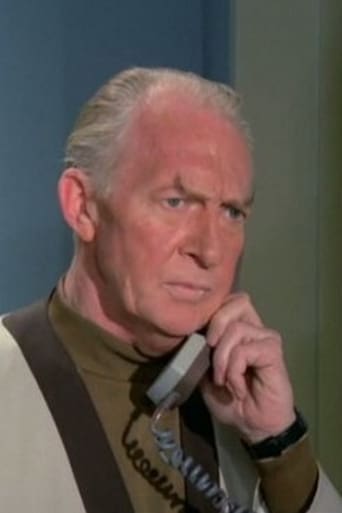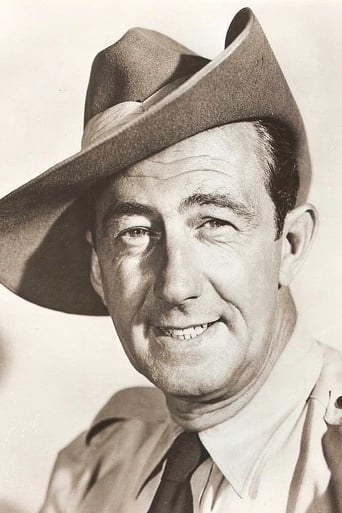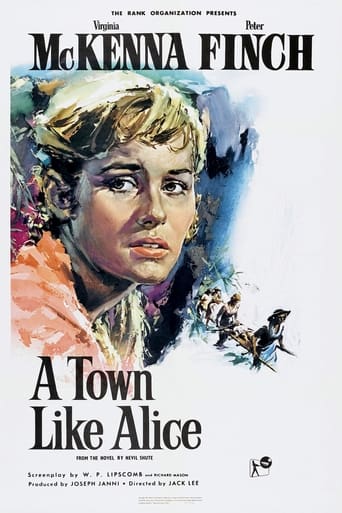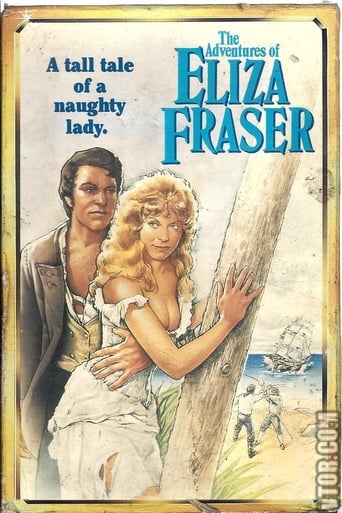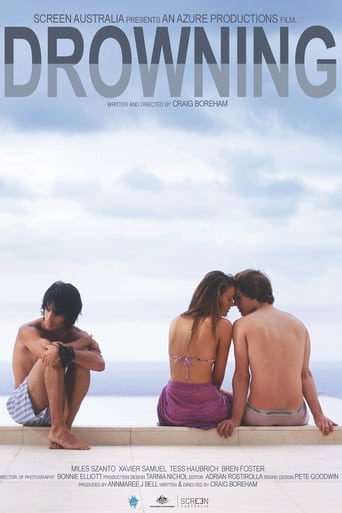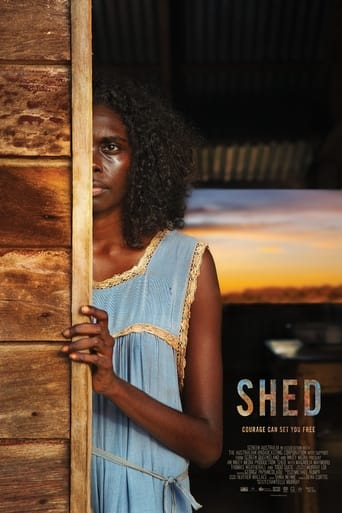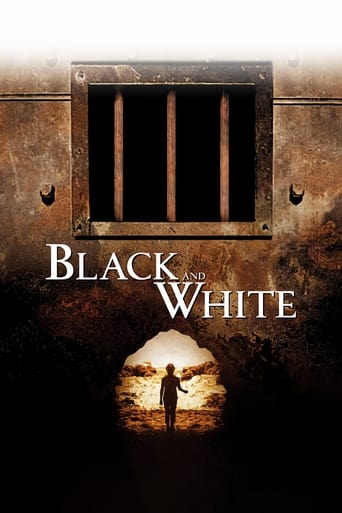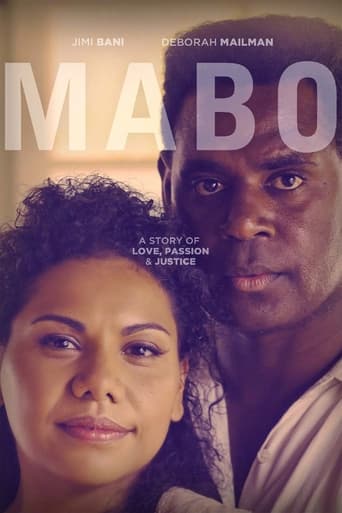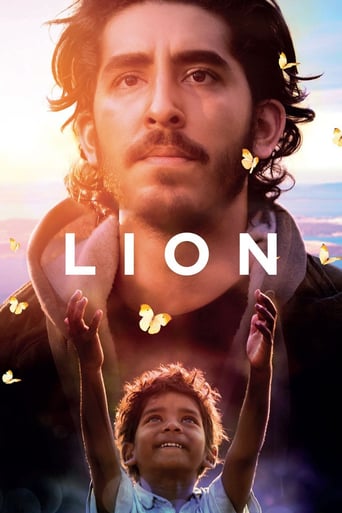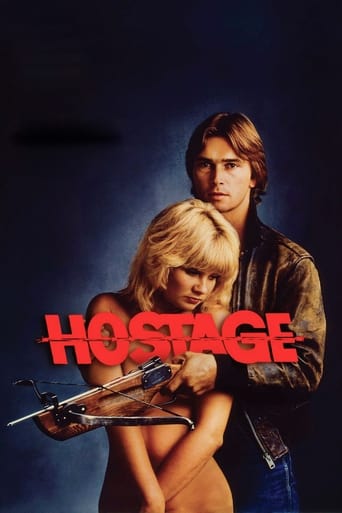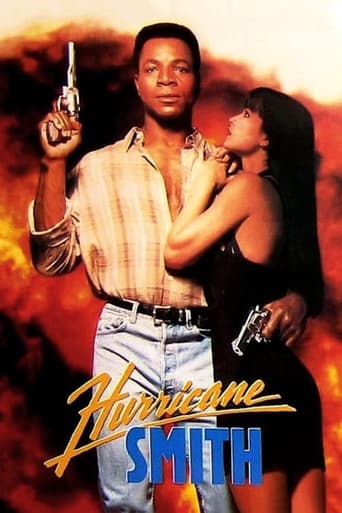40,000 Horsemen (1940)
Charles Chauvel's 1940 cinematic tribute to the mounted troops of the Australian Light Horse regiments is a rousing call to arms, giving life to the heroic tales of mateship during the Great War.
Watch Trailer
Cast


Similar titles
Reviews
Very best movie i ever watch
Simply Perfect
Good concept, poorly executed.
One of the worst ways to make a cult movie is to set out to make a cult movie.
So-so WW1 drama.The story of a unit of soldiers in the Australian Light Horse, fighting in the Sinai and Palestine in WW1. Given its historic context, it should be a decent war drama.However, it is rather lacklustre and amateurish. First problem is that this was made in 1940, ie during World War 2, so is first and foremost a propaganda movie. The empty patriotism and manipulation is laid on thick. The Australians are all fantastic, likable, soldiers. The Germans are all evil and inept. (Some respect is shown for the Turks, but this may be because Turkey was neutral in WW2).Then we have the random, out-of-place, lame speeches. Out of the blue some uneducated soldier from a country town starts pontificating on the meaning of life and war, etc.To make things worse, the writers and director manage to throw in an unlikely romance (no, it doesn't involve a horse...), just to make things really silly.Acting is fairly woeful, but that may be due to the script and direction.On the plus side, the battle scenes are good and you do get a good sense of the history and bravery involved.For a much better, more realistic and grittier depiction of the Australian Light Horse's exploits in the Sinai and Palestine in WW1, especially the Battle of Beersheba, watch "The Lighthorsemen" (1987) instead. A great movie.
Of course, since my dad passed away many years ago, I can't verify this. But I do remember him telling us kids that, as a member of the Australian Army Signals Corp, he and many of his fellow soldiers were recruited as horsemen to ride over the Kurnell sand hills as extras in this movie.Since this was filmed in 1941, Australia was already in the war. My Dad's was record shows his service in New Guinea as a Lieutenant in the signals corps. I also remember him telling me about how he was trained to ride a motor bike so, along with the horse riding his story about being an extra was probably something to do with preparing them for service overseas.If anybody that reads this is able to provide some verification that would be greatly appreciated.
I definately liked this film mainly because it tells an important battle won by our brave Australian soldiers. Although the charge was made by the Light Horse which was mounted infantry it was the last REAL cavalry charge. The characters were very likeable Jim Bourke (Chips Rafferty) Red Gallagher (Grant Taylor) Larry Bourke (Pat Twohill) are all mates that are in the light horse, they are all Aussie bush men who joined up like so many others because it was the right thing to do. Its nice to see Chips Rafferty as the easy going Aussie bush man that made him famous. This movie was the predecessor to "The Rats Of Tobruk". In many ways they are both quite similar, they both talk about battles that are well known to Australians because they were both won by Australians, and they even use two of the same actors, Chips Rafferty and Grant Taylor. This movie and Rats Of Tobruk make great companions after spending ages looking for them i found copies of both them in the same shop. Both movies are very hard to find and if your a nationalist (like me) it will make you appreciate films like this a lot more so if you see a copy of this movie buy it.
Although filmed 60 years ago I cannot think of a more thrilling realisation on film of a massed cavalry assault. The scene, which is sustained for several minutes, recreats the WWI charge of the Australian light horse on the Turkish-held town of Beersheeba, Palestine, in 1917. This is generally accepted as the last successful cavalry charge in military history (typically some eggheads - probably Brits - quibble on whether it was a true cavalry charge because the Australians were armed with bayonets rather than sabres; not that the distinction meant much to the unfortunates who ended up skewered on the end of them.)Also noteworthy for the presence of Chips Rafferty, in a typical role as a gangling Aussie bushmen, and who, in the days before Paul Hogan, represented the Australian male as he liked to imagine himself.

